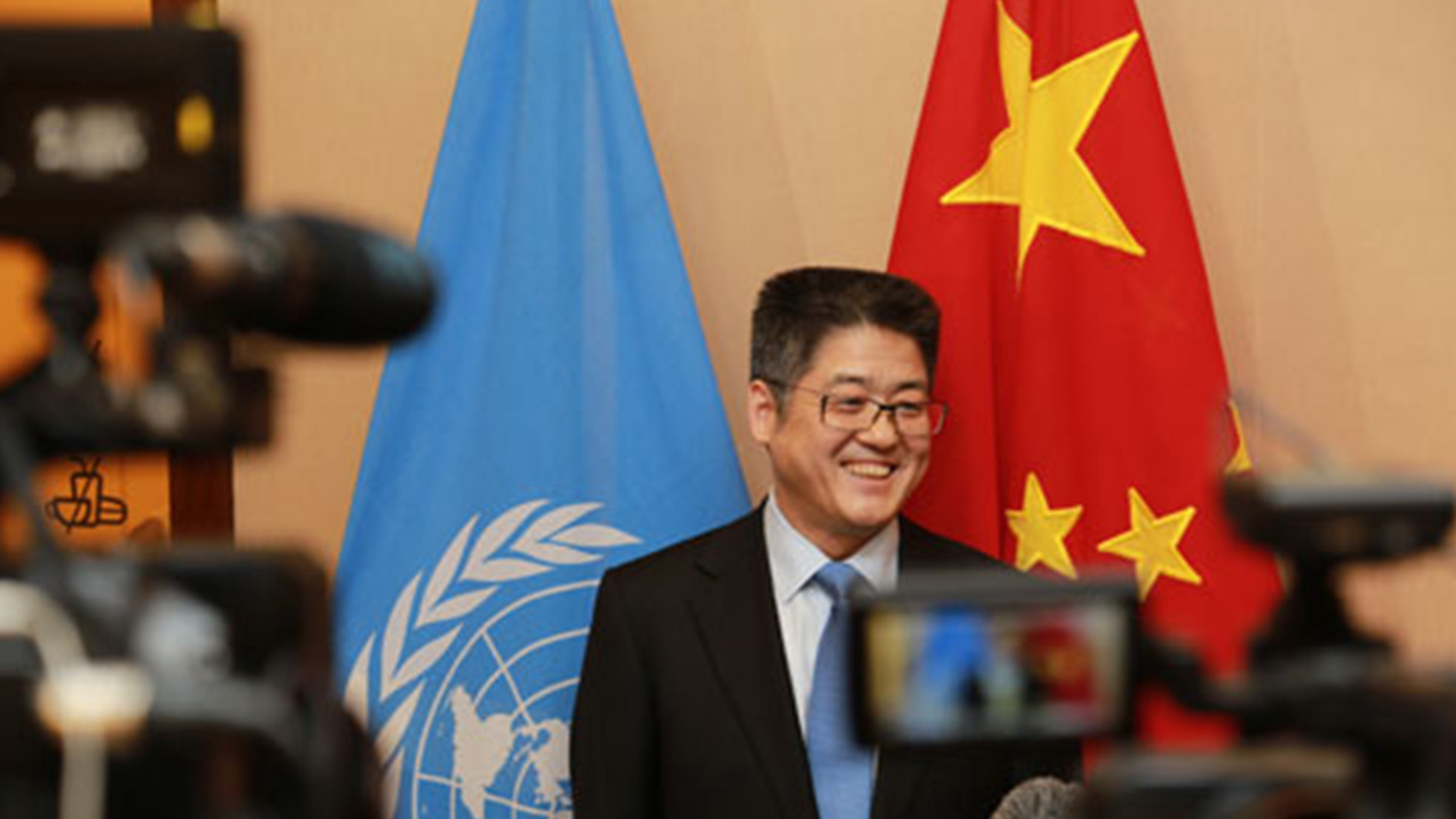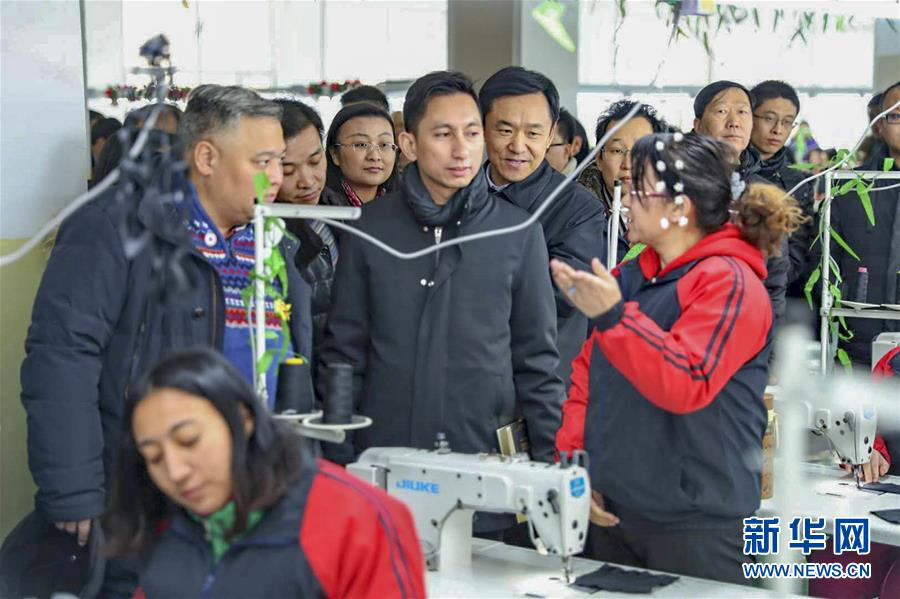
Domestic
22:54, 15-Mar-2019
'Campus not camp': Chinese vice foreign minister defends Xinjiang policy
Updated
10:57, 16-Mar-2019
CGTN
00:37

Chinese Vice Foreign Minister Le Yucheng said Friday that the vocational training centers in the country's northwestern region of Xinjiang are "campuses" not "camps" and rejected external interference in China's domestic affairs.
Le, speaking to the United Nations Human Rights Council at the end of a review of its record held every five years, said China's Xinjiang policy abides by four rules, that he calls "FACT"-- "fundamental interests," "anti-terrorism," "campus" and "truth."
He elaborated that Xinjiang's stability and development lie in China's fundamental interests and China opposes any form of foreign interference. Secondly, Xinjiang authorities have taken a series of "anti-terrorism" measures including setting up vocational training centers in a bid to fight terrorism and eliminate extremism.
He went on saying the vocational programs are preemptive anti-terror measures and they are "campuses" not so-called "camps".
Read more:
Le said: "Vocational training centers are measures taken under certain circumstances. As the counterterrorism situation improves, the training program will be gradually downsized, leading to its completion."

Diplomats from 12 countries visited a vocational center in Xinjiang during December 28-30, 2018. /Xinhua Photo
Diplomats from 12 countries visited a vocational center in Xinjiang during December 28-30, 2018. /Xinhua Photo
Speaking of the last point, the diplomat said Xinjiang authorities have taken measures to defend local people's freedom of religion. There are about 24,000 mosques in the region, which means one mosque serves 400 people, and the number is much higher than in many Muslim countries.
Le also noted that Xinjiang has not had any terror attacks in the past 27 months and the region is expected to have 200 million visitors in 2019, compared with 150 million last year. These facts show the human rights situation is improving in the region.
Speaking after the meeting, Le told reporters that the UN Human Rights Council has widely recognized China's efforts in three aspects including China's achievements and its path in human rights work as well as its commitment in safeguarding human rights.
He also stressed that China is willing to work with the international society to continue improving its human rights situation in all aspects and improve Chinese people's livelihood and well-being.
(Cover: Chinese Vice Foreign Minister Le Yucheng speaks to reporters after attending a meeting of the United Nations Human Rights Council in Geneva, March 15, 2019. /Photo via China's Ministry of Foreign Affairs)

SITEMAP
Copyright © 2018 CGTN. Beijing ICP prepared NO.16065310-3
Copyright © 2018 CGTN. Beijing ICP prepared NO.16065310-3